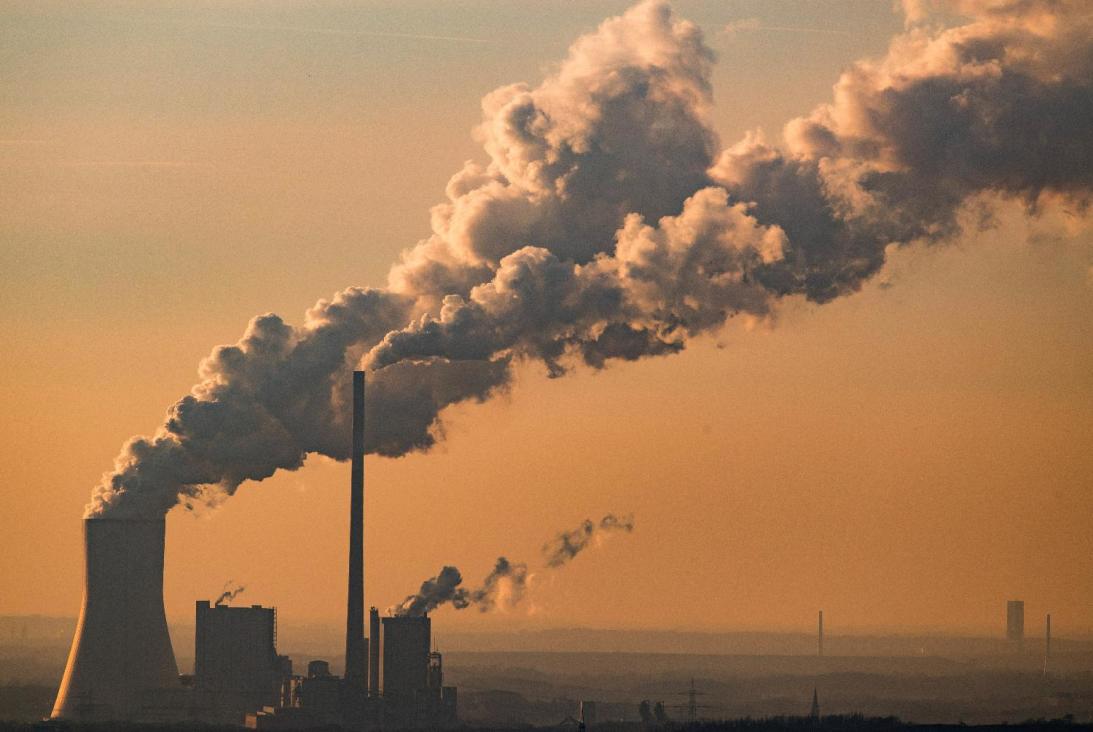
Climate change is still reversible
There is still time to avoid the catastrophe, but it will only be possible if countries around the world leave fossil fuels, warns the United Nations.
Climate change is accelerating, and greenhouse gas emissions are overwhelmingly caused by humans. That is the conclusion of a historic report recently published by the United Nations.
There is still time to avoid catastrophe, but that is only possible if countries around the world stop burning fossil fuels now.
"Each of the last four decades has been the warmest on record since pre-industrial times," warned the vice president of the UN Intergovernmental Panel on Climate Change (IPCC), Ko Barrett. The expert has no doubt that the activities of human beings are the cause of climate change.
The report, which collects everything that science has worked on in recent years, was coordinated by a group of 200 climate scientists from around the world. They hope their study findings will help world leaders react and make important decisions at the upcoming climate summit in November.
The consequences of global warming are deadly. Among the most serious are heatwaves, droughts and floods that kill thousands of people around the world and displace many more. Forest fires are occurring more and more frequently, more intensively and of longer duration. In Asia and the Arctic, smoke and fog suffocate the inhabitants of cities and towns, while in the Mediterranean and America, heatwaves threaten entire ecosystems and intensify hurricanes and typhoons.
RELATED CONTENT
Science claims that carbon dioxide emissions caused by human activities are behind these extreme events. Reducing pollution would help save 74 million lives. The report's authors predict that these events will increase this century if nothing is done to remedy them.
The temperatures the Earth is reaching had not been experienced for 100,000 years. This is assured by researchers of the Paleolithic climate, who participated in putting the report together for the first time. They also claim that the rate of warming since 1970 is the highest of every 50-year period in the last 2000 years.
Not only does the temperature rise, but also the sea level.
Between 1901 and 2018 it has increased by eight inches on average, although it has hit 39 inches in cities on the East Coast — that is, almost a meter. The cause of melting in the Arctic brings more bad news: even if all greenhouse gas emissions were stopped today, the sea level would continue to rise for a few decades due to the gap between emissions and melt.
The good news is that it is not too late yet.
The more emissions are reduced in this decade, the more habitable the Earth will be in the future. A commitment signed in the Paris climate agreement in 2015 is to limit global warming to less than 3.6 degrees Fahrenheit and try to keep it below 2.7.











LEAVE A COMMENT: